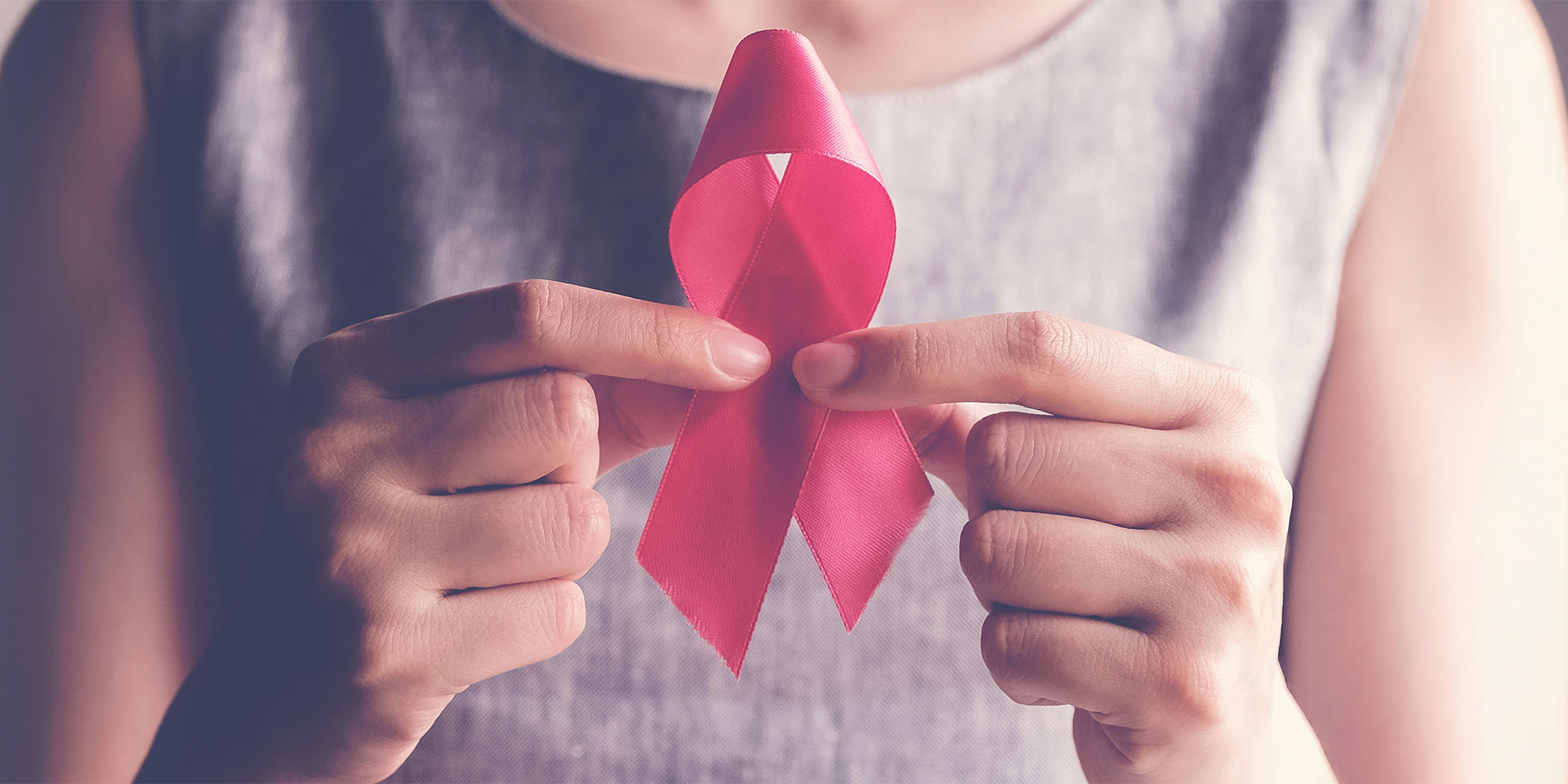The costs of the COVID-19 pandemic are easy to quantify, but not easy to pay. In fact, in some situations, it is impossible. Cancer patients are undeniably showing this.
According to a study published on May 10th, 2021 by the European Cancer Organization (ECO), health systems throughout Europe have been overloaded, due to a large number of COVID patients. Consequently, dysfunctions in oncology services and serious disruptions to routine treatment specific to cancer patients has occurred.
“In 2020, while we were all fighting against the COVID-19 pandemic, many of us were fighting a silent battle: the battle against cancer. In 2020, we lost 1.3 million Europeans to this disease. And sadly, the number of cases is on the rise,” said European Commission President, Ursula von der Leyen.
The data show that since the beginning of the pandemic, almost 1 million cases of cancer have gone undiagnosed, while as many as 100 million screening investigations have not been performed, which means delayed diagnosis, treatment administered at a much too advanced stage of the disease, and, implicitly, a decrease in the survival rate. The ECO report also shows that fifty percent of people with potential cancer symptoms were not urgently referred for diagnosis, and twenty percent of patients are currently still not receiving the surgical or chemotherapy treatment they need.
The European Cancer Plan
A similar study, published in November 2020, titled “The Impact of COVID-19 on Patients’ Access to Cancer Care in Europe,” quantifies the effects of the delays in cancer treatment on the risk of death and notes that a 4-week delay in treatment leads to an increase in the risk of death, between 6% and 13%, depending on the type of cancer. A delay of up to 12 weeks raises the risk alarmingly. In the case of breast cancer, for example, an eight-week delay in surgery increases the risk of death by 17%, while a 12-week delay increases the risk by 26%.
The fact that “the COVID-19 pandemic has severely impacted cancer care by disrupting prevention and treatment” is the starting point in the implementation of the European Cancer Plan, issued by the European Commission in 2021.
Based on estimates that, until at least 2035, cancer will become the leading cause of death in the EU, and the number of cases will increase by about 25%, the Plan aims to put a lid on these billowing statistics by covering four main areas of action:
(1) prevention;
(2) early detection;
(3) diagnosis and treatment;
(4) the quality of life of cancer patients and people who have survived this disease.
“This is first and foremost about people. About celebrating and reinforcing resilience and treating cancer as a disease that can and must be overcome… This is what we want to achieve with our Cancer Plan – making concrete impact for cancer care over the coming years”, said Stella Kyriakides, European Commissioner for Health and Food Safety.
Inequality in chances of survival
Another important objective of the Plan is to reduce inequalities in cancer treatment, with an emphasis on overcoming the differences between Eastern and Western Europe. For example, the five-year survival rate is 68% in Sweden, but in Bulgaria it is only 38%.
Inequalities between the Member States, but also within them, are present with regards to:
– access to prevention programs;
– early cancer screening;
– diagnosis, treatment, and survival measures to improve patients’ quality of life.
“Furthermore, persistent discrepancies can also be observed for women, older people, persons with disabilities, and disadvantaged and marginalised groups, like people with a minority racial or ethnic background and people living in poverty,” as shown in the contents of the Plan.
To achieve the proposed goals, the European Commission aims to invest in research and innovation (even by setting up cross-border cancer centres) to exploit the potential offered by new technologies and to provide financial support to the Member States facing difficulties, such as Romania.
Time to Act: Don’t let COVID-19 stop you from fighting cancer
The importance of prevention is also the engine behind the “Time to Act Campaign” of the European Cancer Organization. With Dr Mirjam Crul’s words in mind—“We need a European effort to ensure Cancer doesn’t become the forgotten ‘C’ during the pandemic, and to sustain a deeper long-term European health cooperation”—the campaign encourages the general public, patients, politicians and health professionals to fight cancer, and emphasizes the need to identify better ways to address cancer issues within the limits imposed by the pandemic.
The campaign is in line with the general framework set by the European Union, which, given that “1.3 million people died last year due to cancer… [which is] three times more than [those who died from] COVID” (EPP Group Chairman Manfred Weber), prioritises beating cancer, and sets it as an ambitious goal to be pursued by all Member States, especially those that require the development of innovative health policies.
